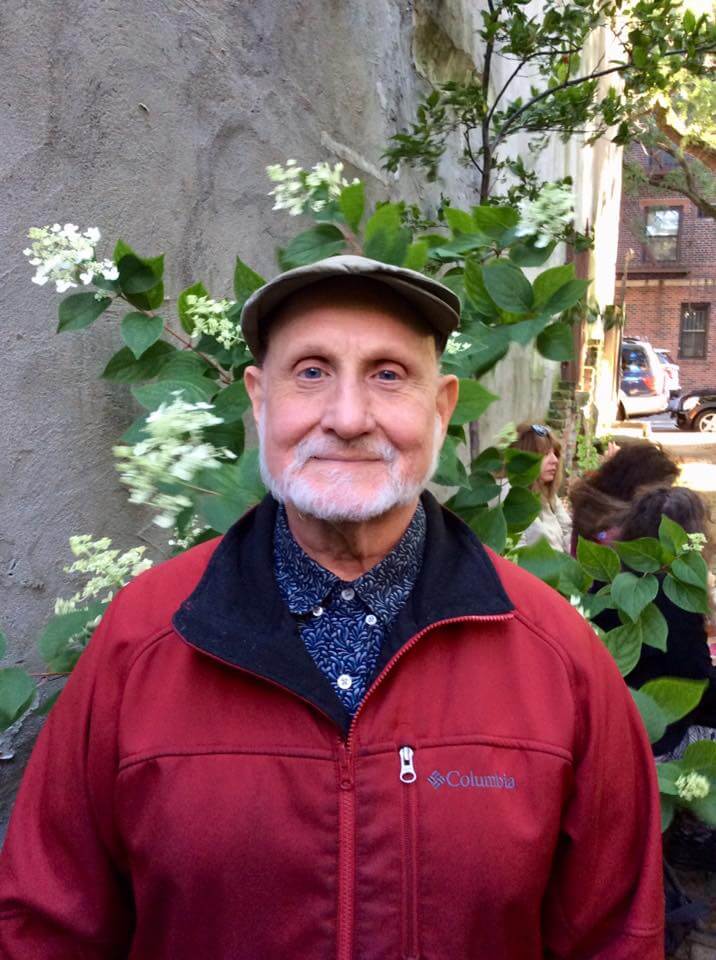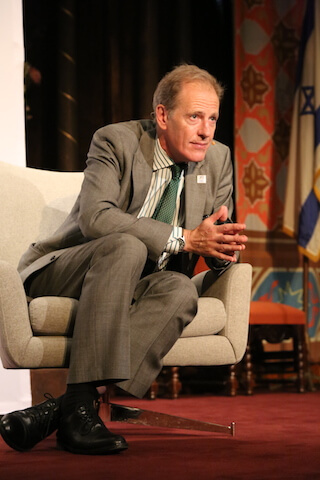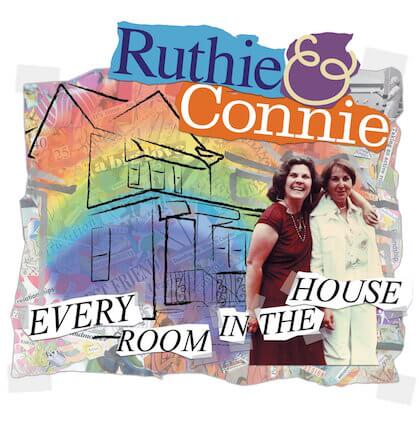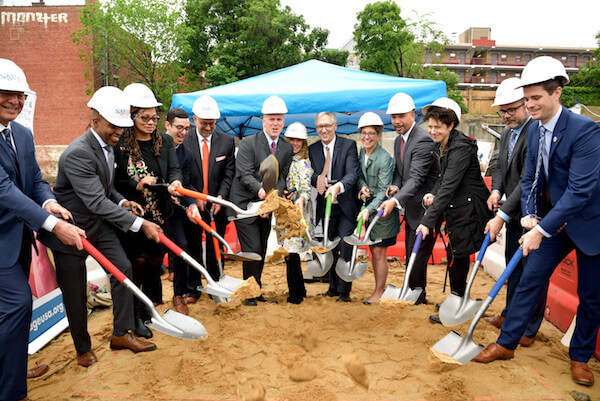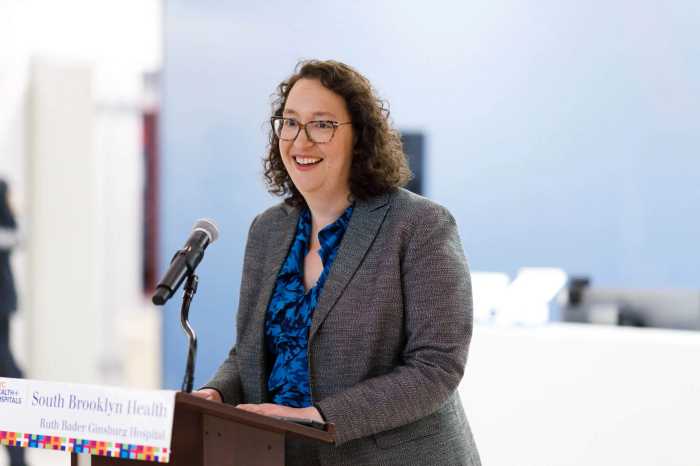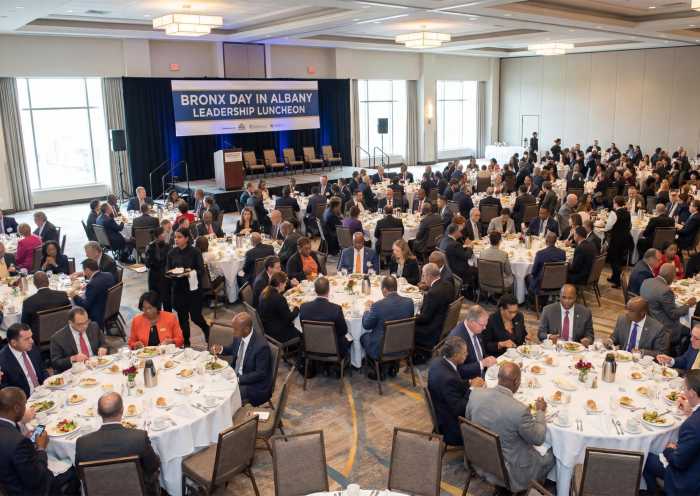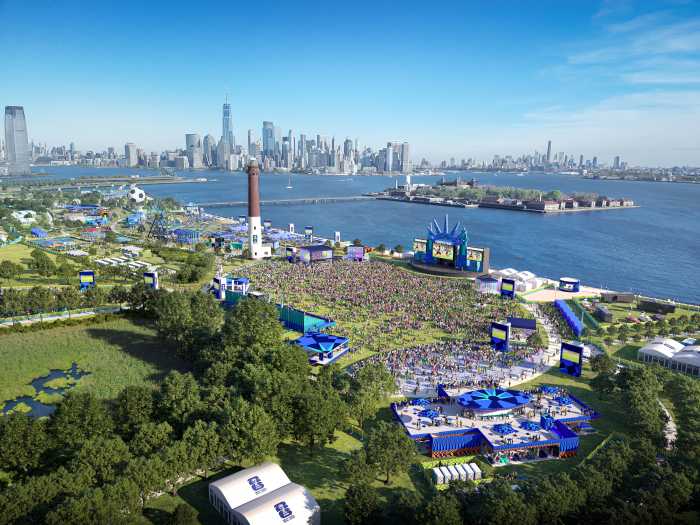For more than a month, Davidson Garrett, a 68-year-old gay man who lives in Manhattan, tried scheduling an appointment for the COVID-19 vaccine, but the state and city website kept crashing.
“Both of them were ridiculous,” Garrett said. “I would get onto the website, and then all of a sudden, it would say website error and that you have to go back and start again.”
This was one of many challenges limiting Garrett’s access to the COVID-19 vaccine since the state first opened eligibility to people ages 65 and up. He also faced a wave of backlogged appointments, was added to a vaccine waitlist, and never received a follow-up call for a visit. He said some of the earliest appointments required him to travel as far out as Plattsburgh, New York, which is more than 300 miles from his home in New York City.
Garrett even walked to the Javits Center for a walk-in visit, but he was turned away because the appointments are scheduled in advance. As time went on, he became more frustrated with the process.
“I must have filled out the questionnaire at least 30 times almost every day,” he said. “That was when I wanted to pull out what little hair I had out. I knew it was going to be a little challenging the first couple of days, but this went on for one month. So that was very frustrating.”
Garrett also said he felt uneasy about potential privacy risks associated with entering his information online.
Whether the process becomes any easier remains an open question, but changes are indeed coming. The New York City Council passed legislation March 18 that would require the city to create a website that would serve as a central hub for New Yorkers to schedule vaccine appointments.
According to the CDC, nearly 65 percent of older adults have been injected with at least one dose of the vaccine and 36 percent are fully vaccinated — meaning a majority of older adults still need at least one shot. Some seniors lack assistance in scheduling appointments, while others struggle with transportation, wait in long lines ahead of their appointment, and encounter misinformation from residents in nursing home facilities. A report from SAGE, a non-profit serving LGBTQ seniors, shows LGBTQ elders are especially vulnerable because they are more likely to live alone and less likely to have family support.
“A lot of us, as we get older, don’t have that younger person to help guide us through,” Aundaray Guess, deputy director at Griot Circle, a center dedicated to serving LGBTQ seniors of color, told Gay City News. “Younger folks are signing up their parents and grandparents because they know how to navigate if the screen freezes up, they know how to refresh.”
Guess recalled that a senior who did not have a computer called in to sign up for the vaccine. However, the lengthy wait time on the phone eventually prompted the member to give up.
“There’s that sense of anxiety and fear that they will never get it,” Guess said. “There’s frustration with how the rollout is happening.”
Last month, Garrett successfully received two doses of the Pfizer vaccine — but that was only because his doctors called. Since the pandemic started last March, he has only left his home for groceries and the occasional socially distanced walk with a friend.
“I’ve been very isolated for the last few months like most people,” Garrett said. “I know a handful of people in my own life that have died of the disease. I’ve had a few neighbors in my building that have died of it. So it’s beyond frustrating when you can’t get the vaccine when they tell you that it’s available for your age bracket.”
Robyn Jordan, a 76-year-old Black transgender woman who lives in an LGBTQ nursing home in Brooklyn, has received both doses of the COVID-19 vaccine through the Veterans Affairs health system. While accessing the vaccine was relatively easy for Jordan, who is a military veteran, she recalled other seniors in her housing complex competing for first doses.
“I’m glad I got it because, in the building, they were running around trying to get the vaccine,” she said. On one occasion, she overheard someone saying they had “a connection at the hospital.”
“Nobody wants to die from COVID,” Jordan said.
Some of Jordan’s fellow residents remain anxious about getting vaccinated — and a select few are refusing to take a shot. One woman told her she feels more comfortable taking one dose instead of the two doses that the CDC recommends.
“She thought she was beating the system,” Jordan said, referring to remembered one person. “That one shot is not necessarily enough.”
To sign up for the Gay City News email newsletter, visit gaycitynews.com/newsletter.

